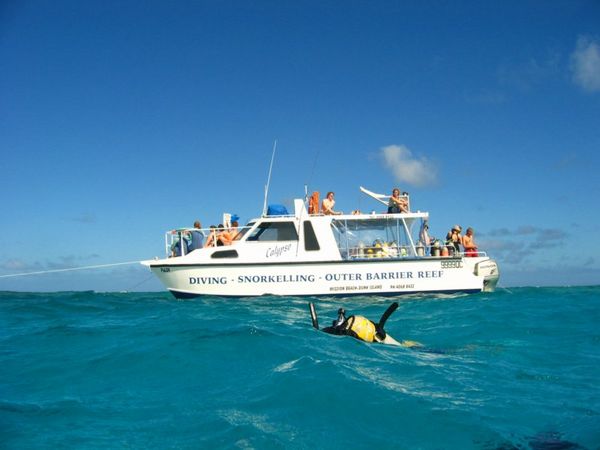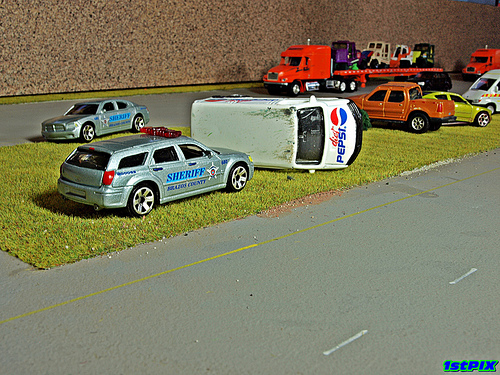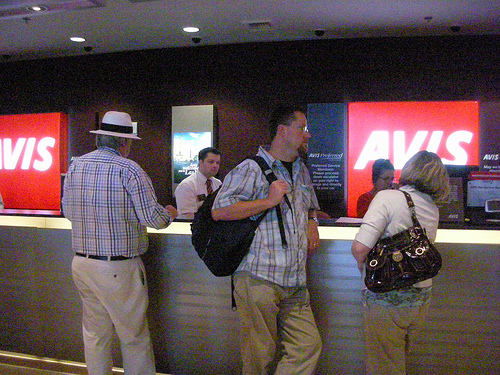 Florida employers who maintain workers’ compensation insurance in accordance with the requirements of Chapter 440 of the Florida Statutes, generally are immune from being sued civilly for damages by employees injured in the course and scope of their employment. See Florida Statute 440.11. (For an explanation of the differences between workers’ compensation cases and civil cases, see these blogs: The Differences Between Florida Workers’ Compensation and Personal Injury Cases; Legal Distinctions Between Florida’s Workers’ Compensation System and Wrongful Death Act for Loss of Life.)
Florida employers who maintain workers’ compensation insurance in accordance with the requirements of Chapter 440 of the Florida Statutes, generally are immune from being sued civilly for damages by employees injured in the course and scope of their employment. See Florida Statute 440.11. (For an explanation of the differences between workers’ compensation cases and civil cases, see these blogs: The Differences Between Florida Workers’ Compensation and Personal Injury Cases; Legal Distinctions Between Florida’s Workers’ Compensation System and Wrongful Death Act for Loss of Life.)
For some employers, the immunity afforded by Florida law is not enough to satisfy their quest to deny benefits altogether to those who have been seriously injured in accidents. Not only will the employer try to deny that the accident happened in the course and scope of employment, but when a civil suit is brought after workers’ compensation benefits have been denied, the employer asserts the defense of workers’ compensation immunity in the civil suit. What the employer is doing is denying on the one hand that the injured person is entitled to workers’ compensation benefits, while claiming on the other hand in the civil case that the plaintiff’s only available remedy is through the workers’ compensation system.
Contradictory. Hypocritical. Thankfully, it doesn’t work in Florida.
In Rush v. BellSouth Telecommunications Inc. d/b/a AT&T Florida, 18 FLWCLB 22 (N.D. Fla. 2011), this tactic was attempted by the employer. In a well-reasoned and sensible decision, the United States District Court shot it down.
Ms. Rush first filed a workers’ compensation Petition alleging “exposure to toxic mold, MRSA [methicillin-resistant staphyloccus aureus], and other complications related to `sick building.'” BellSouth responded to the Petition by asserting that “the exposure did not occur in the course and scope of her employment.” Rather than fight this defense through the workers’ compensation system, Ms. Rush dismissed the Petition and filed a negligence action in which she alleged “that BellSouth was negligent in its cleaning, maintenance, and operation of the Garden Street workplace; and that this negligence caused Rush to suffer injury and resulting damages.”
Continue reading
 Florida Injury Attorney Blawg
Florida Injury Attorney Blawg







